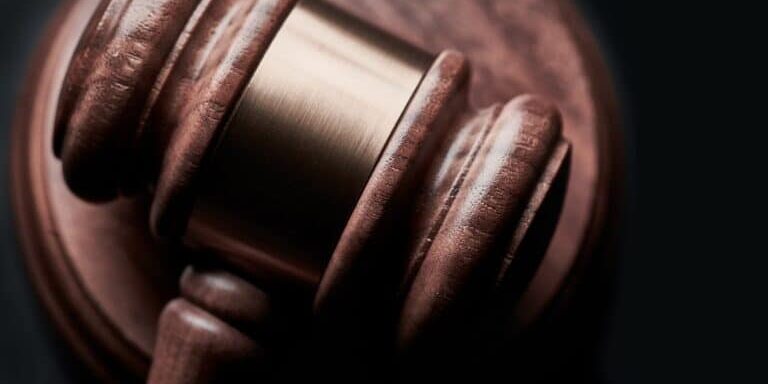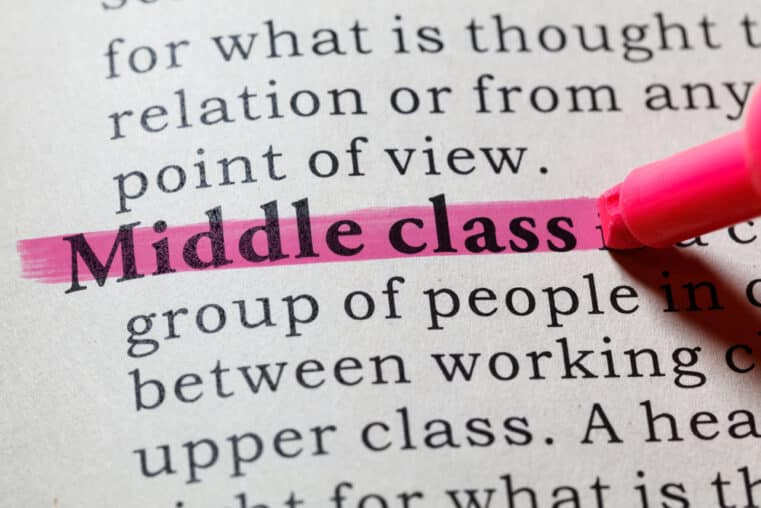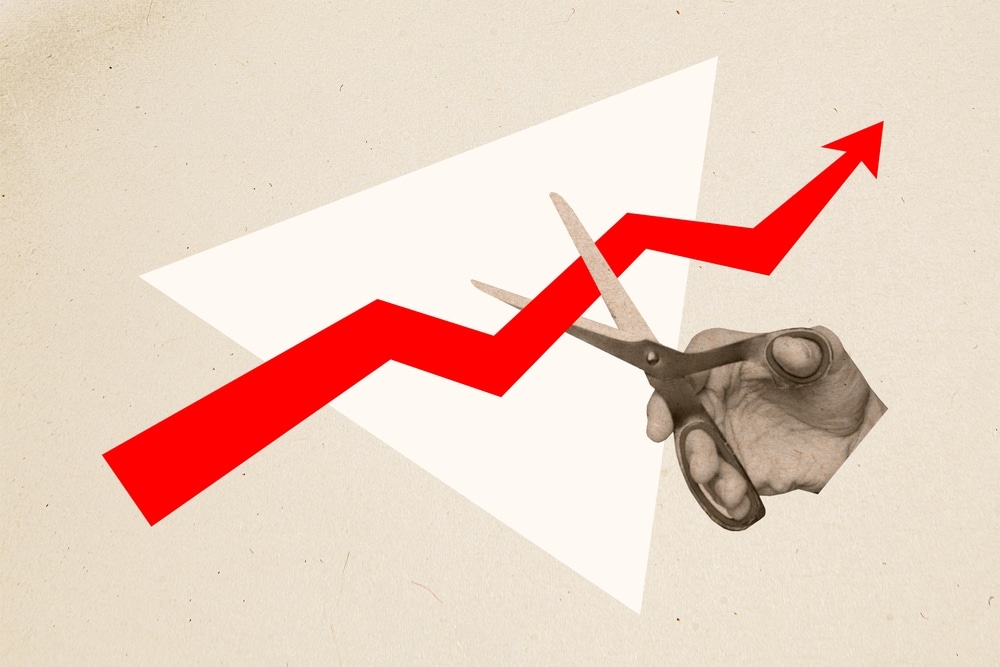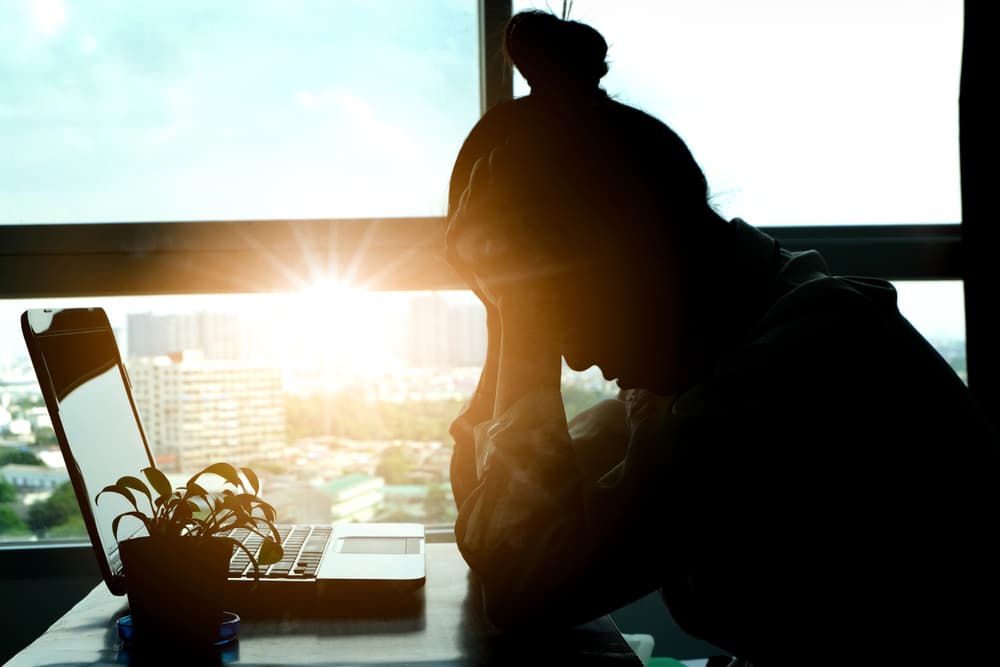
Supreme Court Justices Sound Alarms: America in Deep Trouble
In separate remarks at two different events on Friday, Supreme Court Justices Clarence Thomas and Samuel Alito issued warnings about the state of affairs in America today, including support for freedom of speech “declining dangerously” and the nation’s capital becoming a “hideous” place where cancel culture runs rampant.
Justice Thomas spoke at a conference of the U.S. Court of Appeals for the Eleventh Circuit in Point Clear, Alabama, while Justice Alito delivered a commencement address at the Franciscan University of Steubenville, a Catholic college in Ohio, with both of the conservative-minded judges painting a dark picture—while encouraging action and offering hope.
At the Alabama event, Justice Thomas was asked to comment by the moderator—U.S. District Judge Kathryn Kimball Mizelle—about what it’s like to work “in a world that seems meanspirited.”
“I think there’s challenges to that,” Justice Thomas said. “We’re in a world and we—certainly my wife and I the last two or three years it’s been—just the nastiness and the lies, it’s just incredible.”
Justice Thomas has faced heavy fire from Democrats who accuse him of skirting disclosure rules, of corruption in general, and of being too cozy with wealthy Republicans. They have not been able to point to any specific court cases in which the justice has misbehaved. Some activists have even pushed for Justice Thomas’s impeachment.
By contrast, over 100 former Supreme Court clerks signed an open letter last year defending Justice Thomas’s integrity, calling him a man of “unwavering principle” whose independence is “unshakable.” They called various critical stories that have targeted him as “malicious” and “perpetuating the ugly assumption that the Justice cannot think for himself.”
“They are part of a larger attack on the Court and its legitimacy as an institution,” the letter also stated. “The picture they paint of the Court and the man for whom we worked bears no resemblance to reality.”
Public opinion polls suggest public trust in the Supreme Court recently fell to new lows.
Addressing the criticism, Justice Thomas said at the Alabama conference that Washington had become a “hideous” place where “people pride themselves in being awful,” while characterizing America beyond the Beltway as a place where regular people “don’t pride themselves in doing harmful things.”
Justice Thomas also expressed concern that court writings have become inaccessible to the average person, engendering a sense of alienation.
“The regular people I think are being disenfranchised sometimes by the way that we talk about cases,” Justice Thomas said, while expressing hope that this could change.
‘It’s Rough Out There’
Justice Alito warned graduates at the Catholic college in Ohio that freedom of speech and religion were both being assailed in today’s America, while expressing hope that young people would take up the mantle and fight for positive change.
In his address, Justice Alito made a reference to pop culture, namely to a graduation speech delivered by the character Thornton Melon (played by Rodney Dangerfield) in the movie “Back to School.”
He jokingly cited Mr. Melon’s advice to graduates, which was not to go out into the world after graduating because “it’s rough out there” and instead move back in with their parents, let them pay all the bills, and “worry about it.”
“As Mr. Melon said, it is rough out there,” Justice Alito said. “It’s probably rougher out there now than it has been for quite some time. But that is precisely why your contributions will be so important.”
Justice Alito said that, outside the walls of the campus, “troubled waters are slamming against some of our most fundamental principles,” referring to freedom of speech.
“Support for freedom of speech is declining dangerously,” he continued, noting that this problem is especially acute on college campuses, which he said are places where the exchange of ideas should be most protected.
“Very few colleges live up to that ideal. This place is one of them … but things are not that way out there in the broader world,” Justice Alito said.
He also raised the issue of freedom of religion being “imperiled,” noting that graduates may find themselves in jobs or social settings where they will be pressured to renounce their beliefs or adopt ones they find morally objectionable.
“It will be up to you to stand firm,” he said.
Notably, Justice Alito authored the 2022 ruling that overturned Roe v. Wade and handed the matter of deciding on abortion rights to states.
This article originally appeared on Zero Hedge










